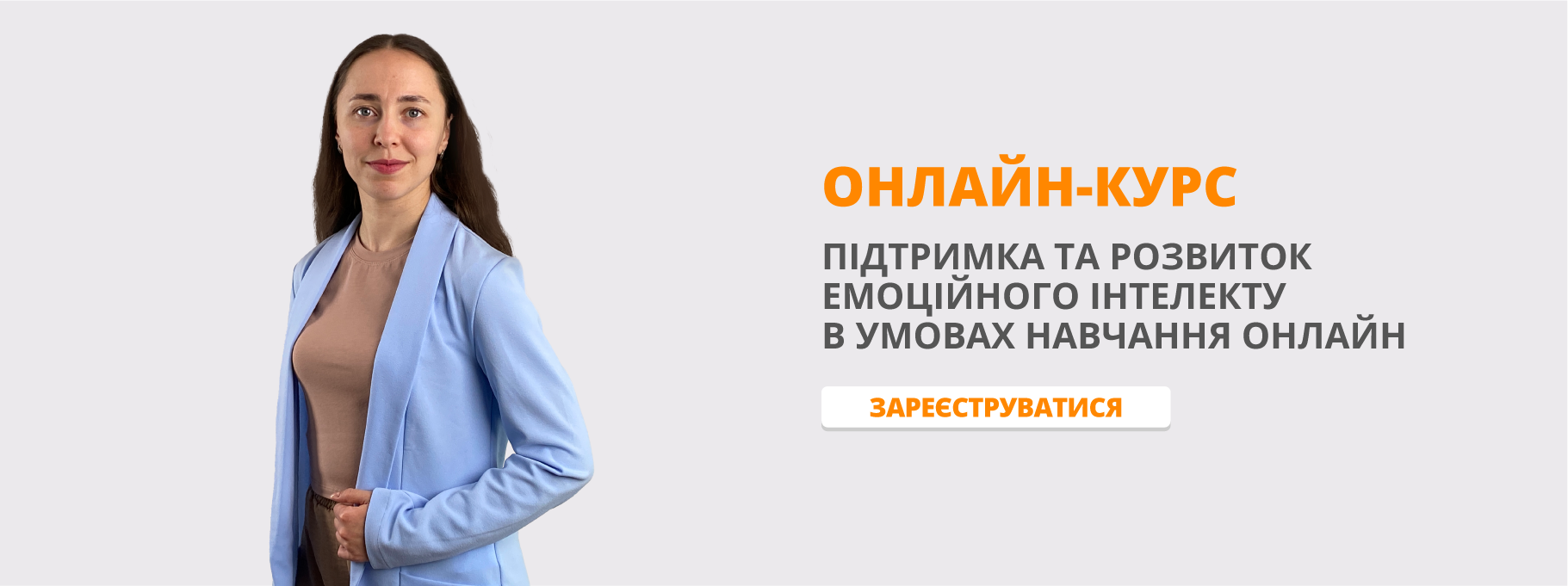Конспект уроку "Повсякденне життя"
Цей урок спрямованний на досягнення ситуації успіху кожним учасником творчого процесу і його максимальної самореалізації, виховування зацікавленості у розширені своїх знань.
Тема: Повсякденне життя.
Цілі:
Освітня: Ввести нові ЛО та активізувати їх у мовленні.
Практична:
- перевірити рівень засвоєння матеріалу за темою «Everyday life»;
- рівень умінь застосовувати вивчене в знайомих та змінених, нових ситуаціях;
- вдосконалювати всі види мовлення учнів (читання, письмо, аудіювання, говоріння).
Розвиваюча:
Розвивати мислення, пам’ять, творчий характер у дітей, навички та вміння вести бесіду за темою; формувати культуру розумової праці.
Виховна:
Досягти ситуації успіху кожного учасника творчого процесу і його максимальної самореалізації, виховувати зацікавленість у розширені своїх знань.
Обладнання:
картки з лексикою за темою, картки зі звуками, підручник та робочий зошит.
Хід уроку
І. Підготовка до сприйняття іншомовного мовлення.
1. Greeting . Привітання.
T.: Good day, children!
P-s: Good day, teacher!
We are glad to meet again
If it snows, if it rains,
It doesn’t matter. (2 times)
Hurry up! Don’t be late!
We shall read and then translate,
We shall sing, we shall write,
We shall poems recite!
T.: I agree with you that business before pleasure.
II. Drill. Фонетична зарядка.
T.: Let’s practice sound [w]:
Work while you work,
Play while you play.
This is the way to be
Happy and gay.
III. Warming up. Уведення в іншомовну атмосферу.
T.: Doing is better than saying. Pay attention at the clock and answer the questions:
”What’s the time?”
P1: It is twelve o’clock.
T: What time is it now?
P2: It’s half past one.
T.: It’s time to start our English lesson.
ІІ. Основна частина уроку.
- Aim. Активізація лексики та оголошення теми уроку.
T.: You’ve got a card. Find the odd word and write it down.
a) book, day, pen, pencil - day
girl, boy, man, apple – apple
dog, cat, ice-cream, parrot - ice-cream
lion, red, black, orange – lion
pilot, yellow, pupil, doctor – yellow.
b) leg, ball, doll, toy – leg
Sunday, insect, Monday – insect
dress, hat, sock, frog – frog
egg, nose, lip, leg – egg.
Underline the first letter of each word and make up two new words.
Do this task and you will know about what we are going to speak today.
Now we’ve got the answer . We are going to speak about Everyday life.
What words do you associate with ” Everyday life”. Try to make a word map.
![]()
![]() work friends school time
work friends school time
![]()
![]()

![]() rest clock
rest clock
![]()
![]()
![]()
![]()
![]()
days of the week everyday activities
actions
O’K today we are speaking about daily life.
Speaking. Microphone. Say a few words about your working day. One by one.
P1.: - I get up at 7 o’clock.
P2.: - I clean my teeth at 7.15….
Read and mime.
T.: - Now let’s play the game.
.
There are cards with everyday actions on my table. You should come up to my table , choose one of the cards. Read the words silently and mime this action for everybody in the class.
Relax yourself:
This is the way I brush my teeth
At 7 o’clock in the morning.
This is the way I play with my friends
At 3 o’clock in the afternoon.
This is the way watch TV
At 6 o’clock in the evening.
This is the way I go to bed
At 8 o’clock at night.
T.: Look at my pictures and answer my questions.
T.: What is he?
P1.: He is a driver.
T.: What does he do?
P2.: He drives cars, lorries and buses.
Pairwork.
Hello! Hello!
What is your name? My name is Ellie
What’s your job? I am a traffic policewoman
What do you do? I direct cars and buses
Imagine that you are a doctor (a driver, a teacher). Make up your own dialogues.
Тренування в читанні
1.Передтекстові вправи
Повторити з учнями ЛО на вивчену тему. Чітко пояснити завдання.
2.Етап читання тексту
Читати та перекладати вправу 1 на стр. 92
3. Повідомлення про прочитане
Учні розповідають, спираючись на текст. Так як це новий текст, то можна дозволити учням зачитати найбільш важкі речення.
4.Післятекстові вправи.
- Учні дають відповіді на поставленні питання.
- Впр.2, 3, 4 на стр.92-93.
- Продовжити речення.
Groupwork.
Unite into three groups.
Choose: a timekeeper, a secretary, a speaker, an actor.
Make a report about:
- superstar’s working day;
- policemen’s working day;
- doctor’s working day.
ІІІ. Заключна частина уроку.
Homework: p. 92, ex. 1 learn by heard.
p.93, ex.5
Summarizing:
T.:
I want to ask you: Who is the best actor? Masha is.
Who is the best reader? Sasha is.
Who is the best project-maker? Olga is.
Who is the best pupil? Vova is.
Time is up, our lesson is over. I’m proud of you. You made my day.
T.: Good bye, children!
P-s.: We say good-bye to teachers,
We say good-bye to you,
We say good-bye to pupils,
Because we have no more to do.
Thank you for coming,
Thank you for your help,
And now we may cry ”Hurray!”


про публікацію авторської розробки
Додати розробку
